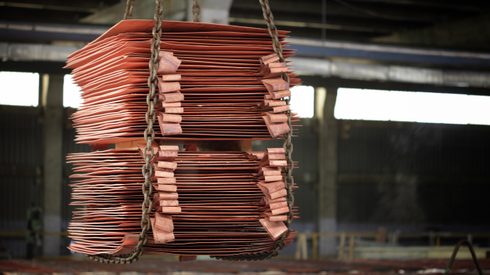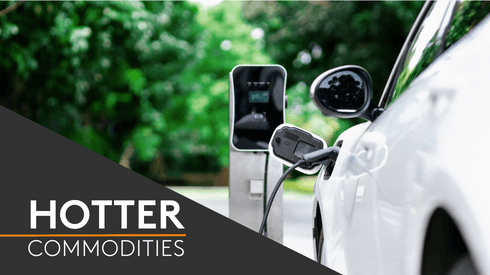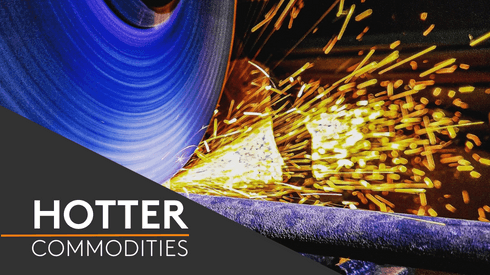Fastmarkets assessed the aluminium P1020A premium, ddp Midwest US at 37-39 cents per lb on Friday, down from 38-40 cents per lb on Tuesday March 15 and marking the premium’s first decline since December 3, 2021.
The premium has been breaking records – setting a series of all-time highs dating to 2003 – since February 8 this year and was further propelled by concerns over supply from Russia in the aftermath of its invasion of Ukraine on February 24.
Fastmarkets reported on March 11 that the influential premium – which aluminium market participants refer to as simply the Midwest premium, or MWP – appeared to be near its tipping point.
Some early indications about the impending drop came then from declining P1020 trade, the aluminium price on the London Metal Exchange retreating from its peak and prices for scrap metal having begun to fall.
All prices for mill-grade aluminum scrap – which has a higher aluminium content than smelter-grade scrap, and so is tied more closely to the MWP – continued to slide week on week in Fastmarkets’ assessments on Thursday, March 17.
Some secondary alloy producers that buy aluminium scrap said on Thursday that the MWP was holding at its peak. These alloy makers price their products using a formula that includes the MWP as one component.
However, substantially lower offers from producers for P1020 – upwards of 35.25 cents per lb – were reported to Fastmarkets in this assessment period.
Some normally big buyers have backed off of the spot market, prompting producers to discount their offerings, one trader said Thursday.
“I haven’t heard of lower offers,” a second trader said on Friday, “but it’s possible that those holding Russian metal, even if it’s already in the US, are discounting it for fear they will be unable to finance it due to banking sanctions.”
Financial sanctions would fall short of direct sanctions on imports of Russian aluminium into the US, which many sources already anticipate, the source added. Russia is the world’s second-largest exporter of aluminium, so the prospect of direct sanctions on shipments from that country has already had major price effects.
“It has been very quiet the past two days,” the second trader added.
Even before aluminium futures traded at their highest-ever price on the LME – approaching $4,000 per tonne on March 7 – some sellers said discounting was likely.
“If I was a producer, at these prices I’d try and sell two or three years out at a 34- or 36-cent [per lb] premium,” and still make money, a third trader said recently.
The LME’s three-month aluminium contract fell to $3,317 per tonne ($1.50 per lb) in the official session on March 17, down from $3,531 per tonne ($1.60 per lb) on March 10. The price had reached a high of $3,968 per tonne ($1.80 per lb) on March 7 before beginning to decline.
Base metals prices on the LME were largely steady in late afternoon trading on Friday, Fastmarkets understands.






